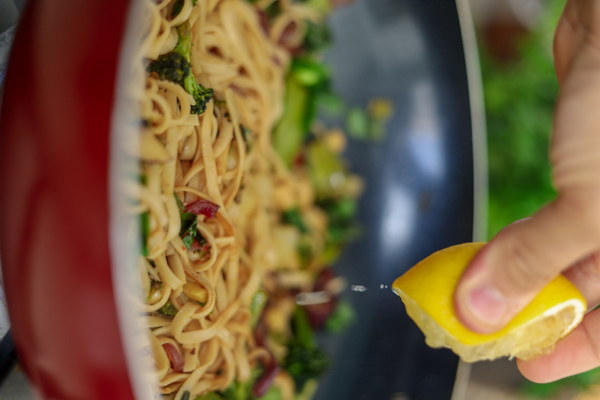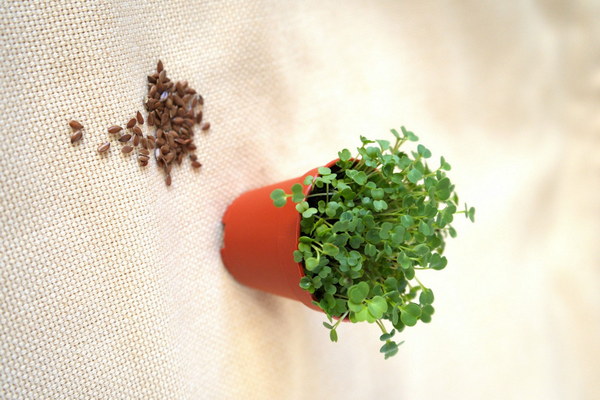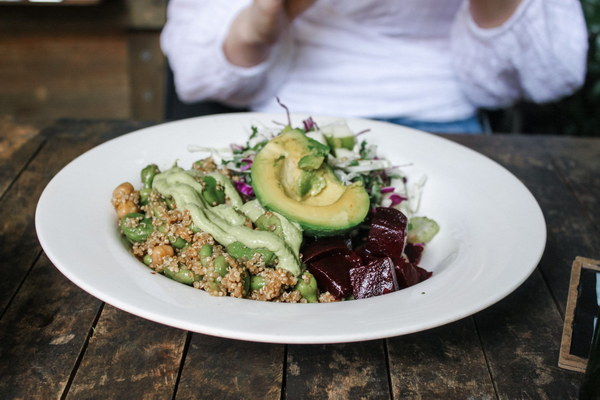The Benefits of Brewed Herbs Discover the Magic of Traditional Chinese Medicine in HealthBoosting Teas
In the realm of holistic health and wellness, the use of traditional Chinese medicine (TCM) has been a cornerstone for centuries. One of the most popular methods of harnessing the benefits of TCM is through the preparation of herbal teas. But is it really beneficial to use Chinese herbs to make health-boosting teas? Let’s delve into the world of TCM and find out.
The foundation of TCM is based on the belief that the body is a delicate balance of Yin and Yang energies. By using herbs that have complementary properties, TCM aims to restore this balance, thus promoting overall health and well-being. Here’s a closer look at some popular Chinese herbs used in making health-boosting teas and their potential benefits.
1. Ginseng (Panax ginseng)
Ginseng is a well-known herb in TCM, often referred to as the king of herbs. It is believed to boost the immune system, improve cognitive function, and increase energy levels. When brewed into a tea, ginseng can be a great way to start the day, providing a natural energy boost without the jitters associated with caffeine.
2. Green tea (Camellia sinensis)
Green tea is a staple in Chinese culture and is often consumed for its numerous health benefits. It contains antioxidants that may help prevent cell damage, lower the risk of heart disease, and aid in weight loss. By incorporating green tea into your daily routine, you may be able to reap these benefits and enjoy a refreshing cup of tea at the same time.
3. Chrysanthemum (Chrysanthemum morifolium)
Chrysanthemum tea is a popular choice during the autumn season, as it is believed to help alleviate dryness in the lungs and throat. It is also known for its calming properties, making it an excellent choice for relaxation and stress relief. Additionally, chrysanthemum tea has been shown to have anti-inflammatory and antioxidant effects.
4. Peppermint (Mentha × piperita)
Peppermint tea is a refreshing and invigorating option that is often used to soothe an upset stomach, relieve headaches, and improve respiratory function. The menthol in peppermint has a natural cooling effect that can help alleviate discomfort and inflammation in the body.
5. Goji berries (Lycium barbarum)

Goji berries are a powerful superfood that is often used in TCM to boost the immune system, improve vision, and enhance longevity. When made into a tea, goji berries can be a delicious and nutritious addition to your daily routine, providing a wealth of vitamins and minerals.
While the use of Chinese herbs in teas has its benefits, it is essential to approach it with caution. Here are some considerations to keep in mind:
- Consult with a healthcare professional before starting any new herbal regimen, especially if you have underlying health conditions or are taking medication.
- Be aware of potential side effects or interactions with other herbs or medications.
- Use high-quality, organic herbs to ensure the purity and effectiveness of the tea.
In conclusion, using Chinese herbs to make health-boosting teas can be a delightful and beneficial addition to your daily wellness routine. By exploring the vast array of TCM herbs and their potential benefits, you can discover the magic of traditional Chinese medicine in a cup of tea. Just remember to approach it with knowledge and care to ensure the best possible outcome for your health and well-being.









